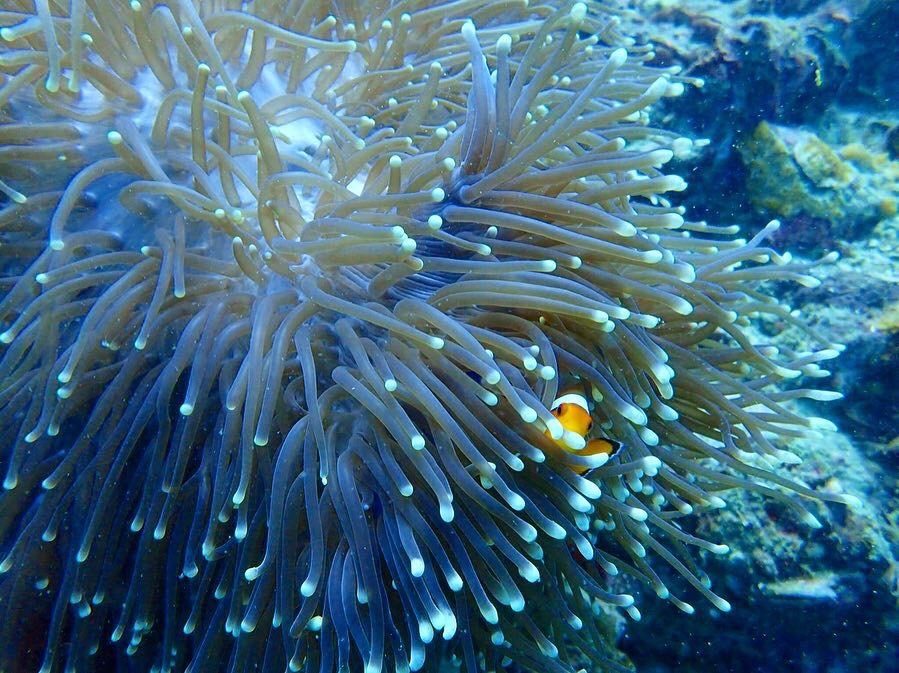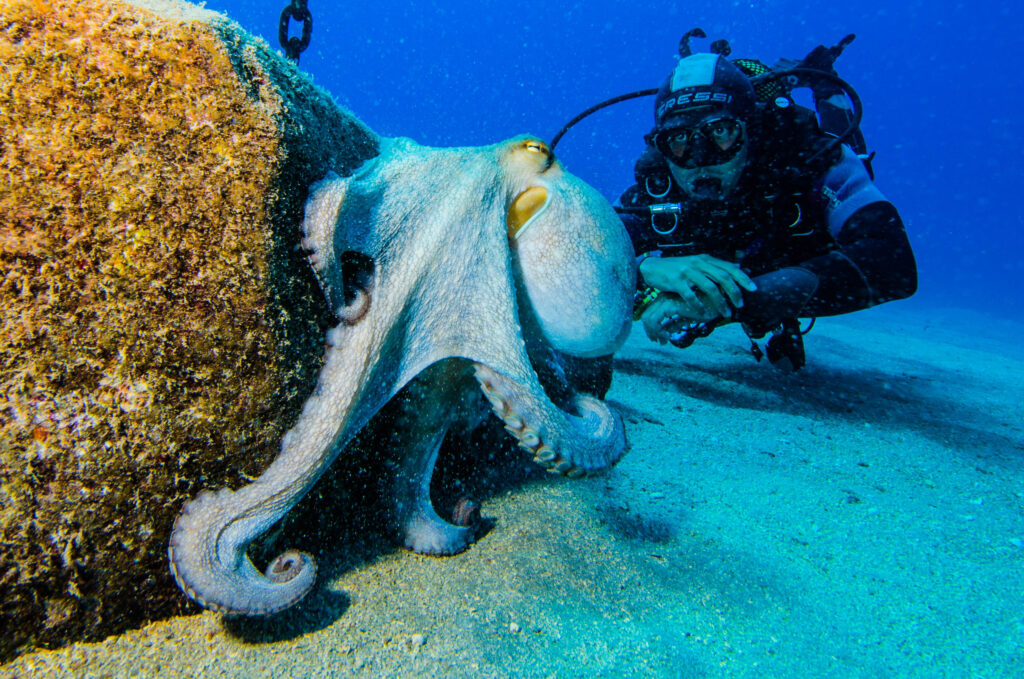Lifestyle Tips to Stay Scuba Fit
Scuba diving opens the door to an extraordinary underwater world filled with vibrant marine life, coral reefs, caves, and shipwrecks. Each dive presents a unique experience, offering an unparalleled opportunity to connect with nature and witness the ocean’s wonders.
However, scuba diving comes with inherent risks, making proper preparation vital for both safety and enjoyment. Maintaining good physical fitness, water confidence, and well-maintained gear is crucial for ensuring a safe and rewarding diving experience.

Here’s a list of 10 lifestyle habits to help you stay dive-ready:
Daily
- Maintain General Fitness – Engage in regular aerobic exercise, such as running or walking, to boost stamina and enhance your body’s ability to transport oxygen to muscles. This can help manage air consumption more effectively, extending your dive time.
- Follow a Healthy Diet – High-fat diets can increase the risk of decompression sickness. By maintaining lean body mass, your body will circulate oxygen more efficiently11. Aim for a balanced diet with lean protein, vegetables, healthy fats, and plenty of water.
Weekly
3. Practice Breathing Techniques – Incorporate yoga or meditation into your weekly routine to improve both physical and mental aspects of diving. Controlled breathing helps you stay calm and relaxed underwater, contributing to better air management.
4. Strength Training – While diving feels weightless, carrying equipment to the dive site can be physically demanding. Include strength training in your routine, focusing on deadlifts, core stabilization, and posterior chain exercises to prevent injury and enhance stability.
Monthly
5. Regular Health Checks – Monitor your health regularly with professional check-ups. Conditions like elevated blood pressure can affect your ability to dive safely, so staying on top of your health is essential.
6. Swimming Practice – Maintain water confidence by practicing swimming in a pool or open water. Incorporate treading water for several minutes to simulate pre- or post-dive surface conditions.
Annual
7. Gear Maintenance – Ensure all personal scuba gear is serviced annually or after every 80-100 dives, whichever comes first. Well-maintained equipment is crucial for a safe dive.
8. Proper Gear Storage – Store scuba tanks in a cool, dry place away from direct sunlight and heat sources. Keep tanks pressurised with at least 200 psi to prevent moisture build up and corrosion.
9. Skill Refresher – Scuba skills can diminish over time, so it’s important to refresh them annually. Depending on your certification and experience level, consider a refresher dive to keep your skills sharp.
10. Enjoy the Experience! – Above all, remember to have fun and embrace the incredible experiences scuba diving offers!




0 Comments